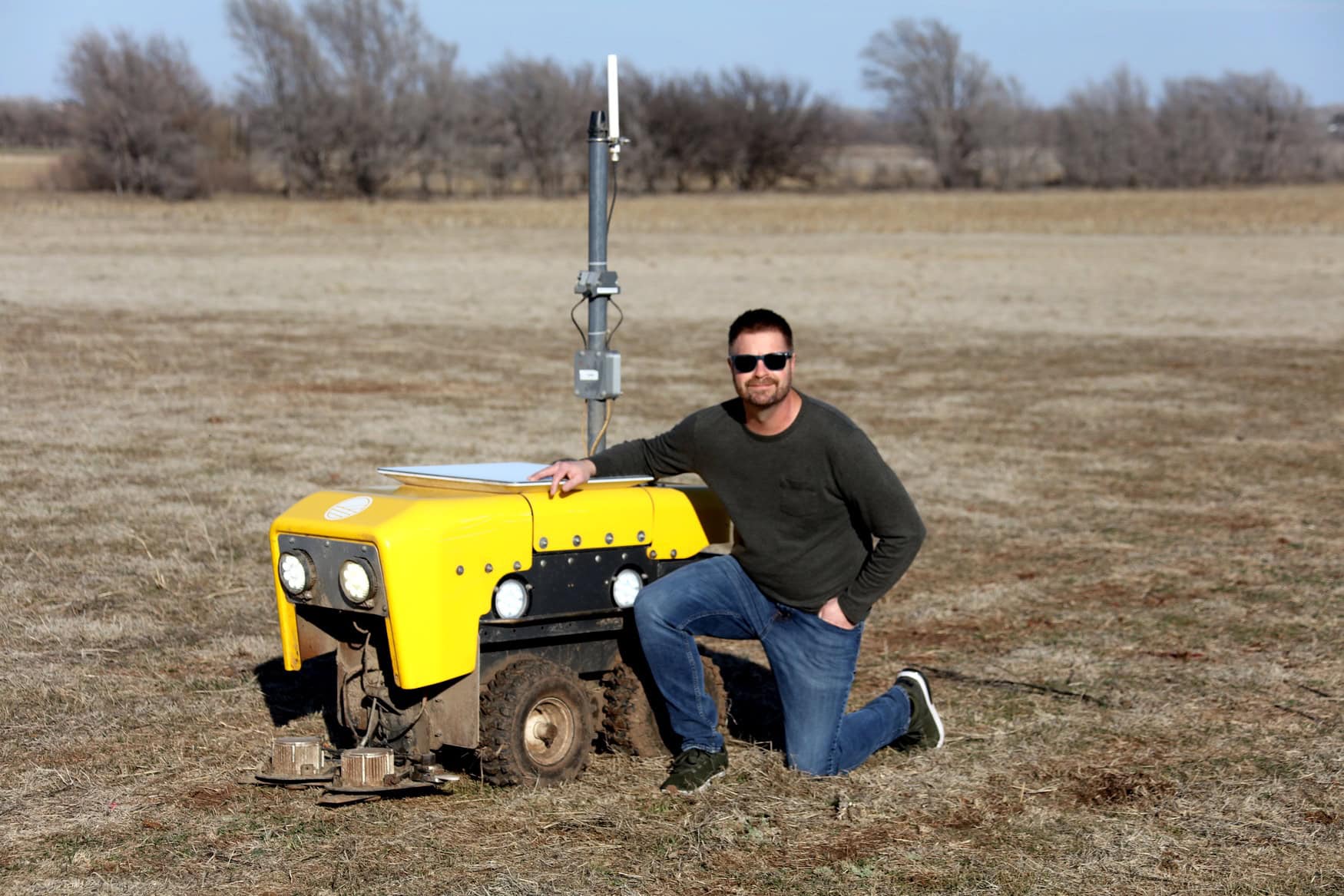Ag-tech helping to improve agricultural practices for better yields

In an era in which the intersection of technology and agriculture has become increasingly critical, global demand for organic and healthy food is also rising. This presents both challenges and opportunities for the agricultural sector. Farmers worldwide are grappling with the need to boost their production capabilities to meet consumers’ desire for sustainable and nutritious food. The answer to this burgeoning demand lies with advances in agricultural technology (ag-tech), a field that has shown the potential to revolutionize farming practices, making them more efficient, environmentally friendly, and capable of satisfying global needs.
The surge in global demand for quality food is multifaceted. Issues such as food shortages triggered by ongoing conflicts, a growing interest in personal health and wellness, and concerns over environmental sustainability have led to a heightened demand for healthy, organic produce. The Covid-19 pandemic has further amplified these concerns, with consumers becoming increasingly mindful of their dietary choices in an effort to fortify themselves. This shift towards proactive health-minded buying and reactive health management underscores a significant shift in consumer behavior towards organic and healthy food consumption.
Agricultural technology comprises a broad spectrum of innovations designed to enhance crop yield and resource efficiency. Precision agriculture, for example, leverages data analytics and advanced hardware to optimize farming operations, from irrigation and fertilization to crop rotation and pest management. By employing sensors and data analysis, farmers can make informed decisions that lead to increased productivity and sustainability.
Moreover, the integration of artificial intelligence (AI) and the Internet of Things (IoT) within agricultural practices presents novel approaches to crop management and livestock monitoring. These technologies enable targeted actions such as precision spraying and health monitoring, reducing waste and improving the overall health of the crops and livestock. Such advancements are particularly crucial in an age where climate change poses unpredictable challenges to traditional farming methods.
The adoption of agricultural technology also offers solutions to broader economic challenges, such as supply chain disruptions witnessed during the pandemic. By facilitating better management practices through data analytics, farmers can anticipate demand fluctuations, manage supply stocks, and ensure the safety and efficiency of their operations. This strategic approach not only strengthens the resilience of the food supply chain but also prepares the agricultural sector for future crises.
However, the reliance on technology introduces new vulnerabilities, such as the risk of cyberattacks. It is imperative that as farmers increasingly turn to ag tech solutions, they also invest in cybersecurity measures to protect their operations from potential threats.
The role of technology in agriculture extends far beyond mere production enhancements. It is a pivotal element in addressing the complex challenges of modern-day farming, from meeting the escalating global demand for food to navigating the uncertainties posed by climate change and economic disruptions.



